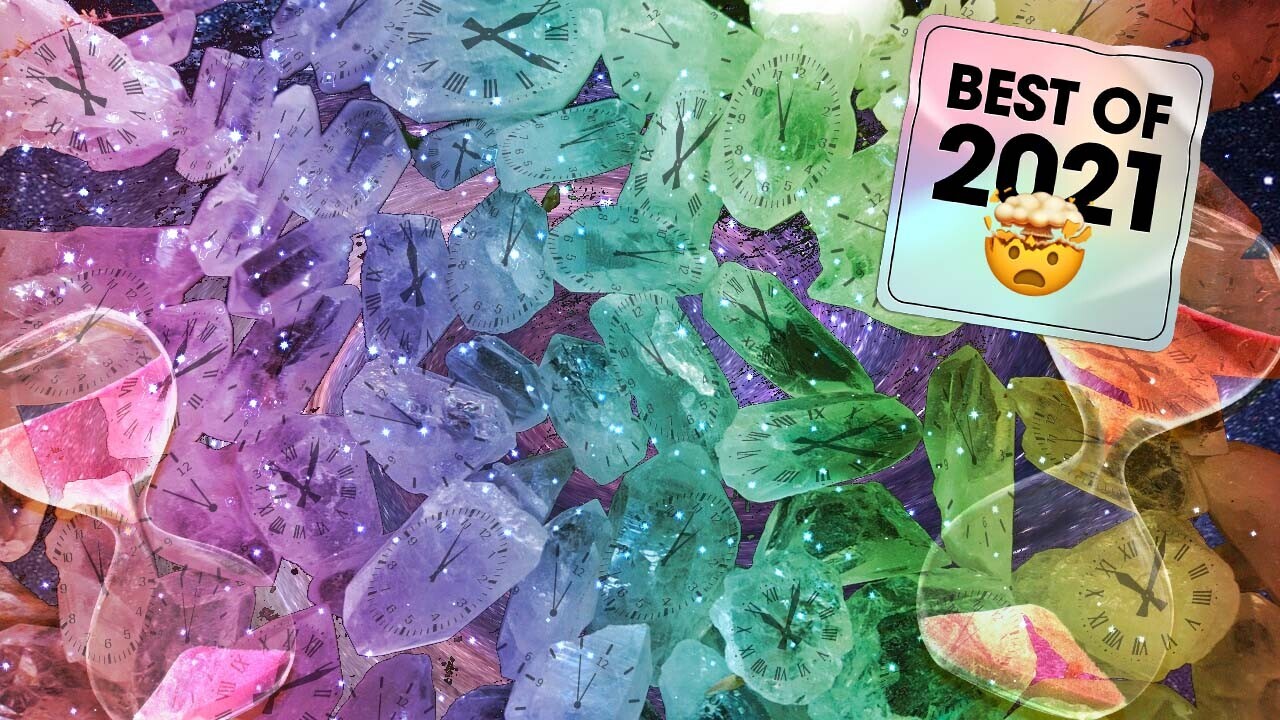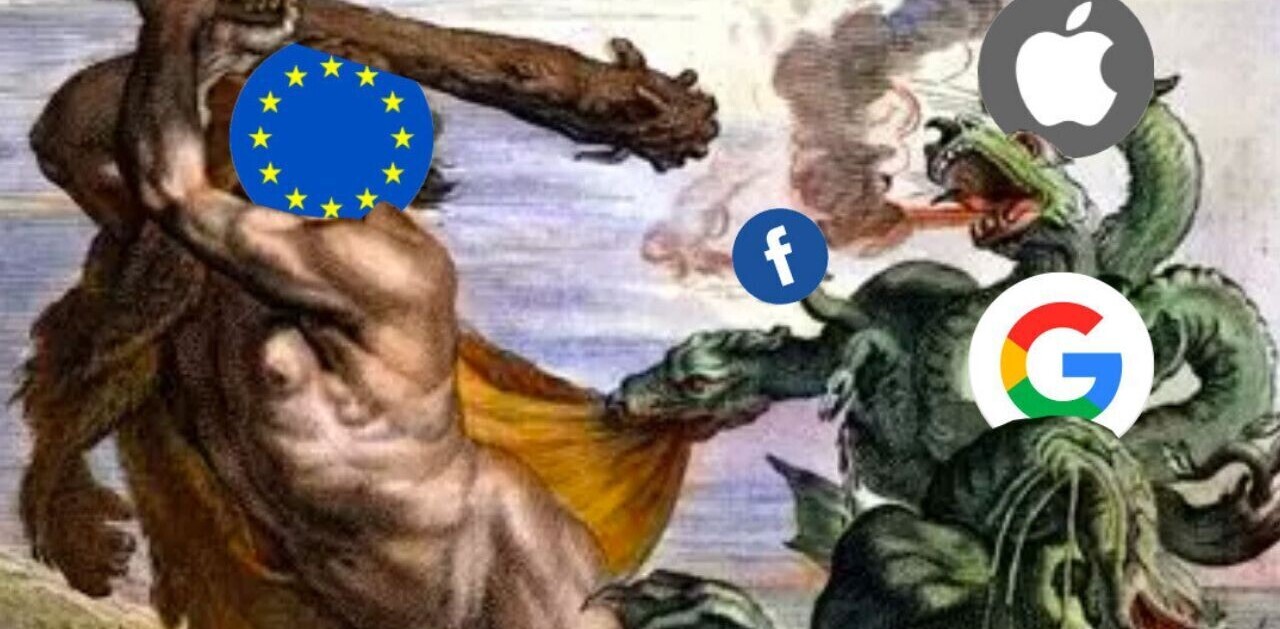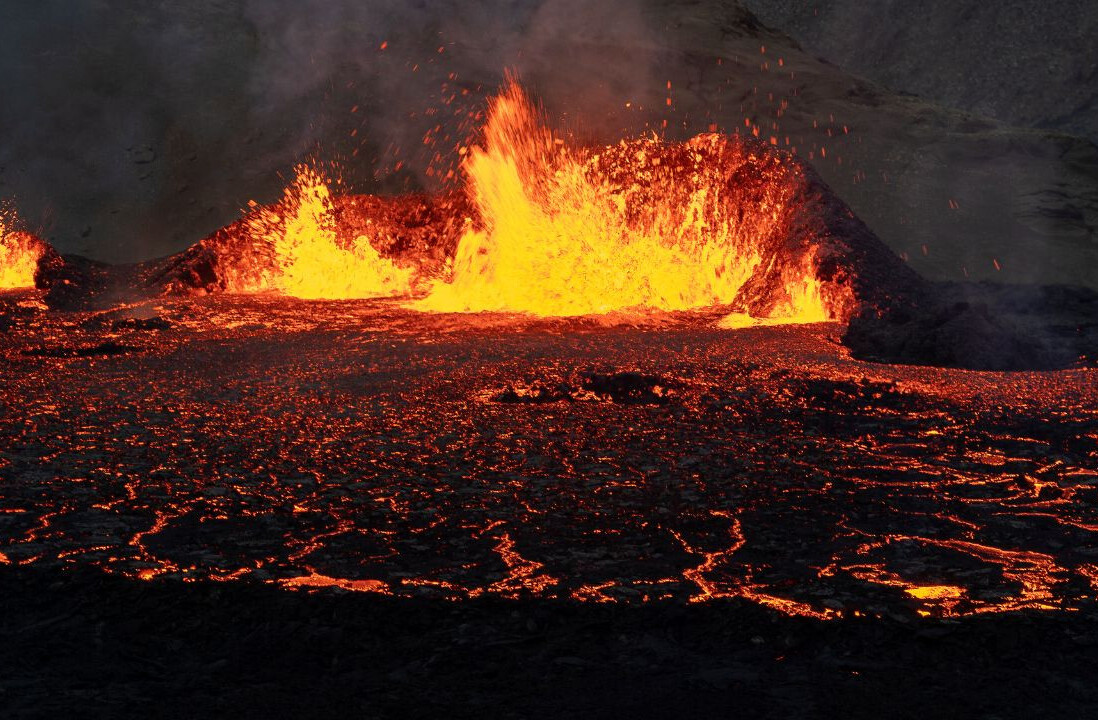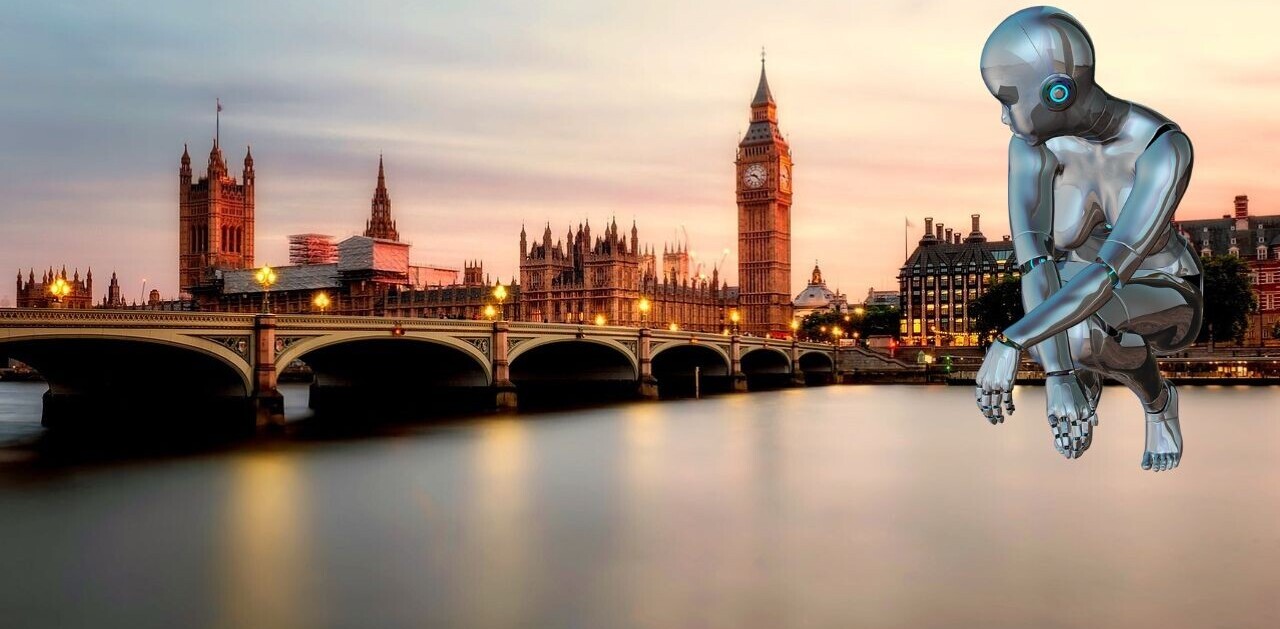
Eureka! A research team featuring dozens of scientists working in partnership with Google’s quantum computing labs may have created the world’s first time crystal inside a quantum computer.
This is the kind of news that makes me want to jump up and do a happy dance.
These scientists may have produced an entirely new phase of matter. I’m going to do my best to explain what that means and why I personally believe this is the most important scientific breakthrough in our lifetimes.
However, for the sake of clarity, there’s two points I need to make first:
- Time crystals are a wickedly difficult concept to understand and even harder to explain.
- The Google team might have created time crystals. This is pre-print research and has yet to receive full peer-review. Until the rest of the scientific community has time to review and replicate the work, we can’t say for sure it’s legitimate.
What’s a time crystal?
In colloquial terms, it’s a big screw you to Sir Isaac Newton.
Time crystals are a new phase of matter. For the sake of simplicity, let’s imagine a cube of ice.
When you put a cube of ice in glass of water, you’re introducing two separate entities (the ice cube and the liquid water) to each other at two different temperatures.
Everyone knows that the water will get colder (that’s why we put the ice in there) and, over time, the ice will get warmer and turn into water. Eventually you’ll just have a glass of room-temperature water.
We call this process “thermal equilibrium.”
Most people are familiar with Newton’s first law of motion, it’s the one that says “an object at rest tends to stay at rest and an object in motion tends to stay in motion.”
An important side-effect of this law of physics is that it means a perpetual motion machine is classically impossible.
According to classical physics, the universe is always moving towards entropy. In other words: if we isolate an ice cube and a room-temperature glass of water from all other external forces, the water will always melt the ice cube.
The entropy (the movement towards change) of any system will always remain the same if there are no processes, and it will always increase if there are processes.
Since our universe has stars exploding, black holes sucking, and people lighting things on fire – chemical processes – entropy is always increasing.
Except when it comes to time crystals. Time crystals don’t give a damn what Newton or anyone else thinks. They’re lawbreakers and heart takers. They can, theoretically, maintain entropy even when they’re used in a process.
What’s that mean
Think about a crystal you’re familiar with, such as a snowflake. Snowflakes aren’t just beautiful because each one is unique, they’re also fascinating formations that nearly break the laws of physics themselves.
Crystalline structures form in the physical world because, for whatever fundamental scientific reason, the atoms within them “want” to exist in certain exact points.
“Want” is a really weird word to use when we’re talking about atoms – I’m certainly not implying they’re sentient – but it’s hard to describe the tendency toward crystalline structures in abstracts such as “why.”
A time crystal is a new phase of matter that, simplified, would be like having a snowflake that constantly cycled back and forth between two different configurations. It’s a seven-pointed lattice one moment and a ten-pointed lattice the next, or whatever.
What’s amazing about time crystals is that when they cycle back and forth between two different configurations, they don’t lose or use any energy.
Time crystals can survive energy processes without falling victim to entropy. The reason they’re called time crystals is because they can have their cake and eat it too.
They can be in a state of having eaten the whole cake, and then cycle right back to a state of still having the cake – and they can, theoretically, do this forever and ever.
Most importantly, they can do this inside of an isolated system. That means they can consume the cake and then magically make it reappear over and over again forever, without using any fuel or energy.
Who cares? What’s this going to mean for me?
Literally everyone should care. As I wrote back in 2018, time crystals could be the miracle quantum computing needs.
Nearly every far-future tech humans can imagine, from teleportation to warp drives and from artificial food synthesizers to perpetual motion reactors capable of powering the world without burning fuels or harnessing energy, will require quantum computing systems.
Quantum computers can solve really hard problems. Unfortunately, they’re brittle. It’s hard to build them, hard to maintain them, hard to get them to do anything, and even harder to interpret the results they give. This is because of something called “decoherence,” which works a lot like entropy.
Computer bits in the quantum world, qubits, share a funky feature of quantum mechanics that makes them act differently when observed than when they’re left alone. That sort of makes any direct measurements of qubit states (reading the computer’s output) difficult.
But time crystals want to be coherent. So putting them inside a quantum computer, and using them to conduct computer processes could potentially serve an incredibly important function: ensuring quantum coherence.
[Greetings Humanoids! Did you know we have a newsletter all about AI and quantum computing? You can subscribe to it right here]
So Google solved quantum computing?
No. No, no, no, no no. Don’t get me wrong. This is baby steps. This is infancy research. This is Antony van Leeuwenhoek becoming the first person to use a microscope to look at a drop of water under magnification.

What Google’s done, potentially, is prove that humans can manufacture time crystals. In the words of the researchers themselves:
These results establish a scalable approach to study non-equilibrium phases of matter on current quantum processors.
Basically they believe they’ve proven the concept, so now it’s time to see what can be done with it.
Then why is this so exciting?
Time crystals have always been theoretical. And by “always,” I mean: since 2012 when they were first hypothesized.
If Google’s actually created time-crystals, it could accelerate the timeline for quantum computing breakthroughs from “maybe never” to “maybe within a few decades.”
At the far-fetched, super-optimistic end of things – we could see the creation of a working warp drive in our lifetimes. Imagine taking a trip to Mars or the edge of our solar system, and being back home on Earth in time to catch the evening news.
And, even on the conservative end with more realistic expectations, it’s not hard to imagine quantum computing-based chemical and drug discovery leading to universally-effective cancer treatments.
This could be the big eureka we’ve all been waiting for. I can’t wait to see what happens in peer-review.
If you want to know more, you can read Google’s paper here. The company published a simple explainer in November 2021 here. And if you’re looking for a technical deep-dive into the scientific specifics of what the researchers accomplished in the lab, this piece on Quanta Magazine by Natalie Wolchover is the bee’s knees.
Get the TNW newsletter
Get the most important tech news in your inbox each week.




